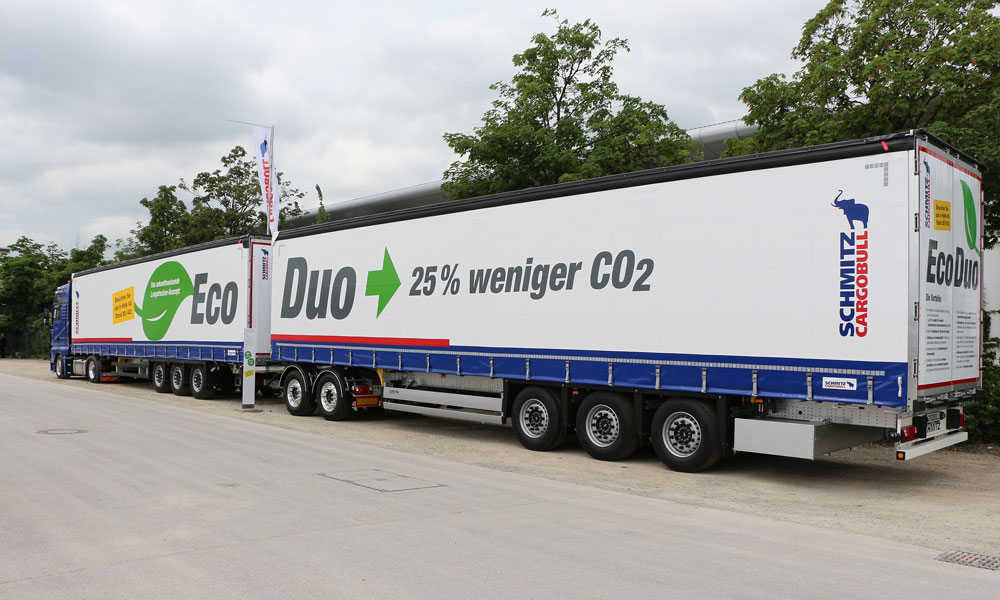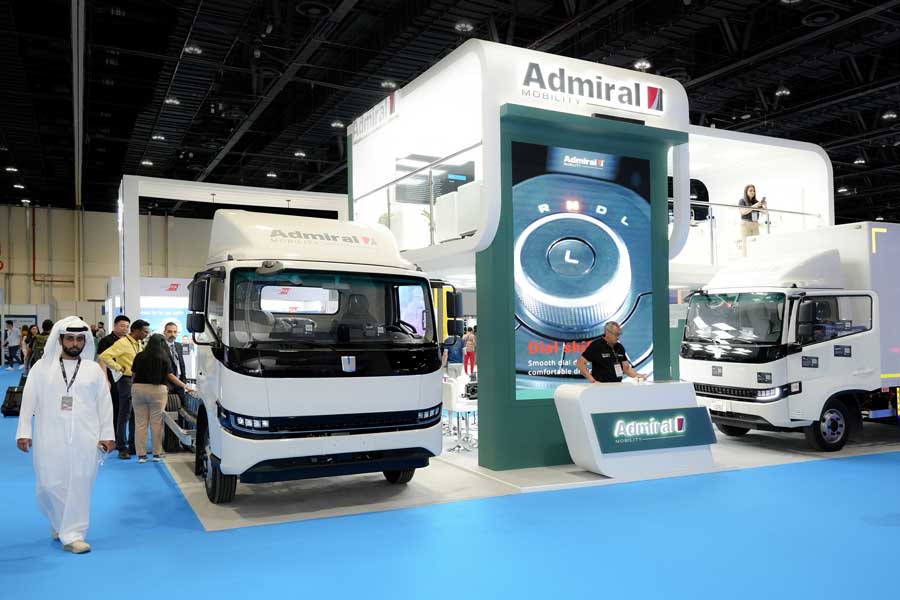Thanks to significant passenger growth of 17 percent, Munich Airport (FMG) recorded a positive annual result (EAT) of EUR 25 million for the first time since the coronavirus pandemic. Revenue increased to approximately EUR 1.4 billion. Earnings before interest and taxes (EBIT) moved back into the positive range for the first time since 2019 at EUR 115 million. With a passenger volume of over 37 million passengers – 5.4 million more than in the previous year – the airport already reached around 80% of its pre-crisis level. The number of take-offs and landings rose by six percent to approximately 302,000 aircraft movements. Aircraft capacity utilization reached a new record level of 81 percent.
Jost Lammers, chair of the Management Board of FMG, stated, “The continued high demand for air travel, new airlines, and the expansion of our route network have further reinforced Munich Airport’s position as a European premium hub.”
The most important growth driver in 2023 was once again long-haul flights, which increased by 31 percent. North American traffic was even well above the pre-crisis level. The Asian market recovered further as well. Destinations in Thailand and India were also able to record higher passenger numbers than in the previous record year 2019, thanks to high traffic growth. With six Lufthansa A380 wide-bodied aircraft stationed at Munich Airport, the Bavarian capital is also the only European home airport to an A380 fleet apart from London.
Significant double-digit growth was also achieved in continental traffic at 13 percent. Although domestic German traffic also grew by 19 percent, it reached only 60 percent of the pre-crisis level. Unlike the other major German air freight locations, Munich Airport registered growth in air freight. Over 284,000 tons of freight were loaded and unloaded, for an increase of 6.6 percent.
FMG was also successful in recruiting new staff. Despite a difficult environment in an economically strong region with almost full employment, nearly 1,500 new employees were hired in 2023. Overall, the number of employees in the airport group has now risen again to 9,100.
In the area of climate protection, the company set a new target at the end of 2023: By 2035, at least 90 percent of the CO2 emissions attributable to the airport are set to be reduced. The remaining maximum of 10 percent must be physically removed from the atmosphere. “Net Zero” – the standard international term – means that Munich Airport’s operations must not leave any carbon dioxide, which is harmful to the climate, in the atmosphere in the future.
Lammers summarized the past financial year as follows: “In 2023, we consistently invested in our personnel, in the quality and digitalization of our processes, and in our infrastructure. And we have set out to achieve the ‘Net Zero’ target as early as 2035 with our ambitious climate strategy.”










